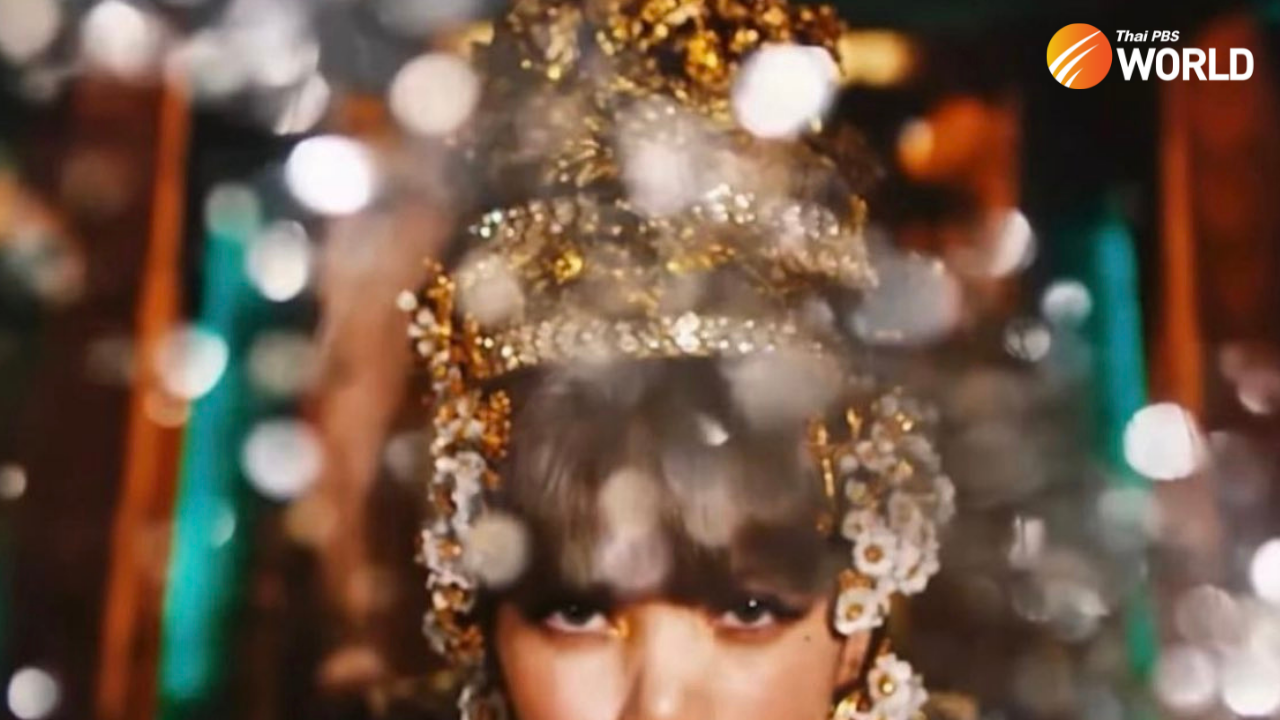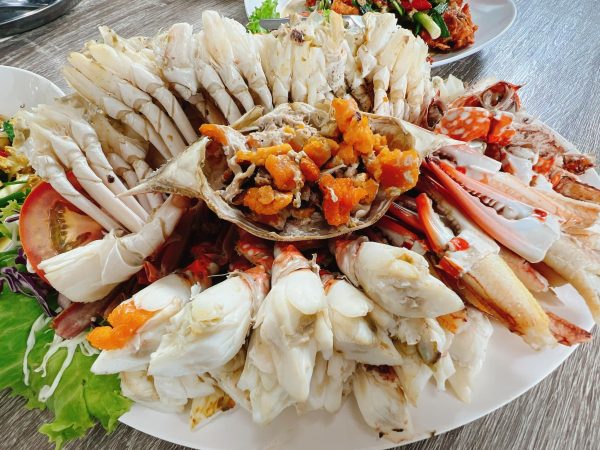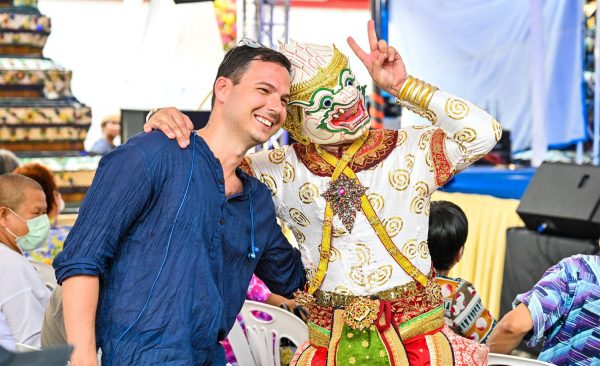Letting Thai culture live and breathe through time

Culture is like a little bird in your hand. You want to keep it and nurture it. Grasping it too firmly might stifle it, while holding it too loosely could let it fly away
When the world was watching Thai-born K-pop singer Lalisa ‘Lisa’ Manoban in the music video of her first solo single released on Friday, most Thais enjoyed the moment and shared the joy of the young Thai’s success. However, some expressed concern about the headdress that she wears in the video. And so here we go again — another not-so-great debate between two sides, each of them coming from a totally different position.
The conservative clan raised the issue, expressing the view that it may be improper. They say it is not culturally correct for the pop icon to wear that traditional golden headdress in the video while she is dancing. One segment in the video lasting a few seconds features Lisa in a Thai-style costume sitting on an ornate golden throne. She wears “Rad-klao” the traditional pointed headdress usually worn by traditional dancers/actors.
Instead of celebrating a rare chance to display Thainess to the whole world at no cost courtesy of Lisa, some Thais want to stifle the culture yet again. Rather than react to the Thai culture bit in the video with delight, many on the “conservative side” voiced their concerns on social media. “Rad-klao” should not have been worn in this video,” they say.
C’mon people. This is not the first time traditional Thai headdresses have been used and seen in the world’s pop culture. Late “King of Pop” Michael Jackson danced among a group of Thai dancers wearing traditional Thai dance costumes and “chada” headdresses in the “Black or White” video – the first single off his “Dangerous” album released in 1991. And it’s not only music videos; the traditional Thai headdresses have also been used in advertising and fashion shoots. Think about the national carrier THAI ad.
If we love our culture, what is the point of locking it up in a closet? What some Thais may not realize is that the culture, like anything we cherish in life, needs to breathe too. We need to let it live so we must not stifle it. As a member of hit girl group Blackpink, Lalisa has helped the Thai culture be exposed to the eyes of the world and at lightning speed too – 120 million views so far since its release. “I wanted my album to give a Thai feel as its gem,” she told the media at her online press conference.
Lalisa has chosen to present Thai culture with good intentions and out of her appreciation so why are we making a judgment on something we should otherwise celebrate. Do we want the Thai culture to live, or to preserve it in a box so that it is forgotten and dies with the old generations?
Please you conservatives out there, understand that to preserve Thai culture is not about placing objects on the shelves and locking them uptight. The headgear or any costumes are artistic tools and we ought to allow people to exercise creativity. We must let the new generation engage and cherish it if the culture is going to be immortal. In fact, we need more than one Lalisa – we need tonnes of them.
Thailand’s Culture Ministry praises Lisa, designer for Thai dress featured in viral video
The viral music video, by K-pop sensation Lalisa Manoban, or “Lisa”, which attracted almost 120 million views on YouTube in the three days following its online release, has been praised by Thailand’s Ministry of Culture for helping to promote elements of Thai culture.
At least, this time the Culture Ministry is giving a thumbs up to Lalisa, and appreciates what the young Thai K-pop idol has contributed to Thailand. Hopefully, this highly successful video will help enlighten the primitive part of Thai society and the government to look into a way to monetize Thai culture. Exporting Thai culture with creativity is not a sin. Don’t just invest massively in some campaigns that make foreigners think many Thai people still travel on the back of elephants or walk on their knees.
Authenticity is to be preserved but Thailand in the eyes of the world does not need to be authentic all the time like our main travel campaigns are. Thainess is our precious resource that no global giant or tech company can take away from us. Thai culture is our soft power and if we handle it right, as Lalisa does on a grand scale, we will not only preserve it but also generate much-needed income for the country.
Don’t waste time and money on any survey, just look at South Korea as a case study and don’t struggle to pinpoint any “bad impact” on Thai culture in the world’s contemporary arts or pop culture. We can start by changing some people’s mindsets especially those policy-makers.
Just look at how Lalisa could make people desire the Thai-style costume and headgear in just a few seconds. And that many Thais will now rush to buy the headgear which they have never paid attention to before all thanks to Lalisa.
Don’t stifle the culture but let it live!
By Veena Thoopkrajae






